Dave's story
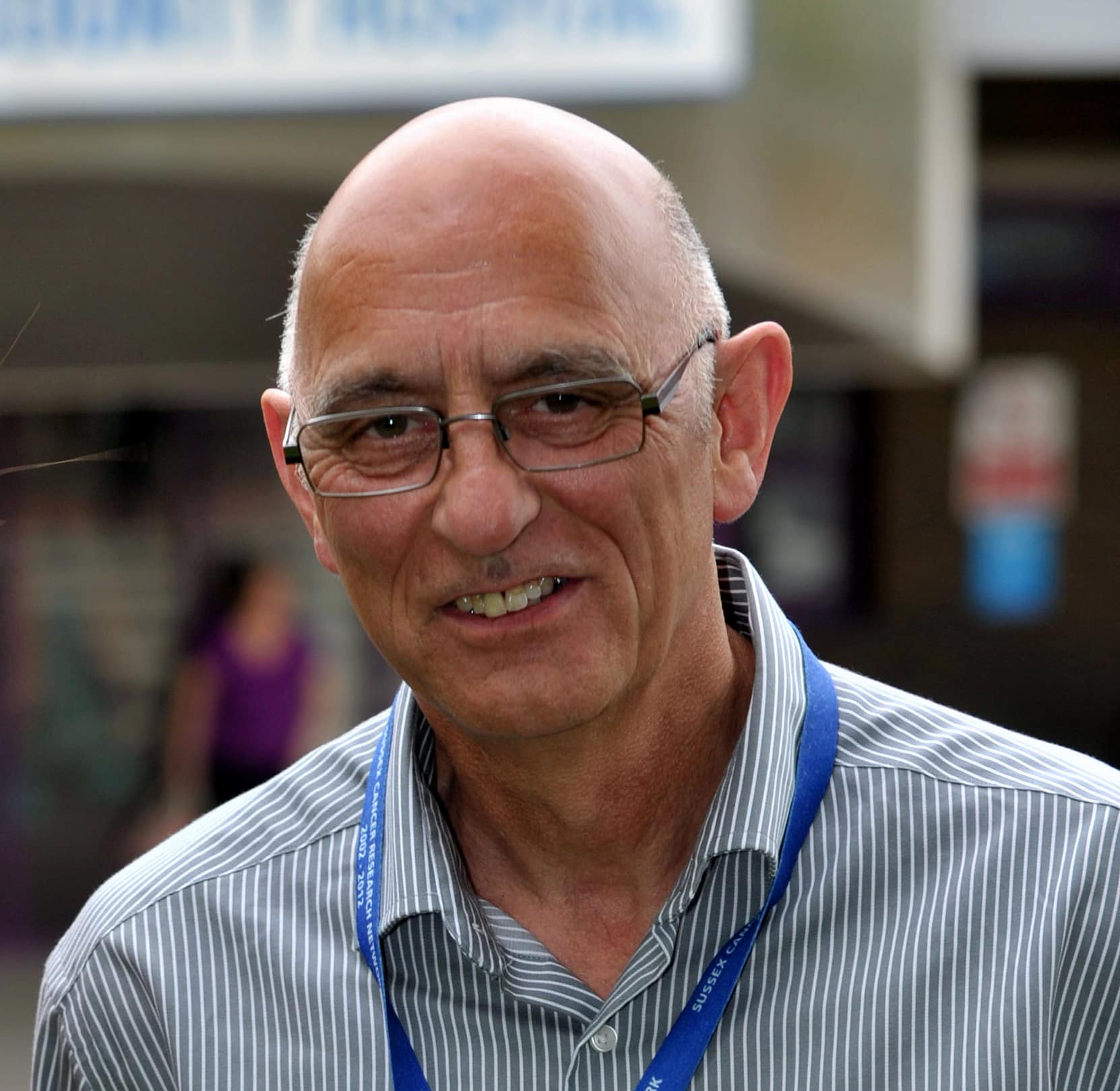
Dave's story
When I was diagnosed and treated, I had no other people like me to share my experiences with. This support was sorely lacking, that’s why it’s so important to me to be able to help others who go through this same experience. Also, people saved my life and I want to give something back.
Dave Chuter, active patient advocate was diagnosed with oesophageal cancer in 2006. Following successful treatment, he returned to work and alongside this began a varied and full path of giving back to other patients. With cheerful generosity, Dave shared his story with DiCE in April – the month of Oesophageal Cancer Awareness.
Dave had lived with uncomfortable reflux and its treatment with Proton Pump Inhibiters for a number of years, but it was when he started to have trouble swallowing off and on over a number of weeks that he went to his General Practitioner (GP). Luckily, he sent Dave for an endoscopy.
Within four weeks he had been diagnosed with both Barrett’s Oesophagus – a known precursor to Oesophageal cancer – and the cancer. The cancer was in the form of a tumour at the junction of the oesophagus and the stomach, which is the most common location.
He went for surgery that included the removal of the oesophagus (a full oesophagectomy) and three-quarters of his stomach (a partial gastrectomy). Dave described this as being “very complex. My operation took 10 hours and recovering from it was extremely tough.”
Yet here he recognised himself as “one of the lucky ones” because when diagnosed early oesophageal cancer is curable with 80% of those diagnosed in its early stage surviving for more than one year. Unfortunately, the disease is statistically shown to be caught seven out of ten times too late, with survival rates for more advanced stages of the cancer being extremely low.
As part of this fortunate few, Dave recovered well from surgery and moved onto the next phase of life with a radically altered digestive system.
“The hardest part of living with the consequences of such surgery is eating – understanding and knowing how you can eat, what you can eat and how much,” Dave explained.
“Due to the changes in your digestive system, food goes directly into the bowel, your stomach is no longer able to regulate this for you, also the vagus nerve is cut disconnecting the stomach from the pancreas. As a result, if you eat too much at once you suffer from what is called ‘dumping syndrome’. This is similar to diabetes where your body no longer regulates insulin properly. You get an incredible sugar high and then a terrible sugar low. If this happens, I get knocked out and need to lie down for half an hour or so.”
To regulate this Dave has to ‘graze’, eating around six small meals a day waiting two to three hours between them. It is also difficult to eat and drink together, so he needs to treat drinking as a meal.
Besides the changed eating schedule, three years following his surgery Dave had reflux and swallowing problems again. He then had to go back for a follow-up surgery to reopen the top join between the oesophagus and the stomach and to stretch the Pylorus Pyloric Sphincter at the bottom of his stomach.
“This is a known complication in oesophageal cancer patients, and the corrective surgery has worked well for me. Outside of the surgery, one of the hardest aspects of survivorship is getting used to the unavoidable eating habit changes though.”
“It took me four to five years to understand the best way of eating, but I’m OK with it now – malnutrition is of course a major problem for survivors of this cancer. You have to be careful not to lose too much weight and putting weight on is a problem for us.”
But it took him much less than four to five years to set up his first patient support group. Within three months of his surgery he took on the task of finding other patients with whom he could share his experiences and his first-hand understanding of living with cancer. Here he founded and is still the coordinator of the Guildford OPA Cancer patient support group. Offering guidance from diagnosis, through to treatment and into survivorship.
This is along with an extensive list of voluntary patient advocacy roles including his current position as NHS Foundation Trust, Rest of England Governor, Royal Surrey County Hospital and Chair of the Patient Experience Committee, and his active membership in cancer research networks across the UK.
“When I was diagnosed and treated, I had no other people like me to share my experiences with. This support was sorely lacking, that’s why it’s so important to me to be able to help others who go through this same experience. Also, people saved my life and I want to give something back.”
Asked what key areas he’s working on in his advocacy work Dave spoke of four focal points: “along with the key role of offering patient support, we need to increase awareness within the general public. Especially about the fact that living constantly with heart burn or reflux is abnormal and needs to be looked at by your doctor if symptoms persist.”
“This said, we also need to increase understanding of early symptoms for GP’s so that others can get the same rapid treatment that I received. They need to understand that Barrett’s is the most common result of reflux. That it can be treated and that patients with Barrett’s must always be screened for cancer.”
“We are also working on research projects to understand more about survivorship and long-term effects of the treatments as data on this is almost non-existent.”
Thank you very much Dave for sharing your incredible journey with us – we wish you all the very best for all you are working to achieve.
For more information about oesophageal cancer you can:
- Go to our oesophageal cancer data map and compare data on new cases, mortality, incidence and survival between European countries
- Discover the OPA website for specifics on their patient support and advocacy activities
- Read the ECCO essential requirements for quality cancer care: Oesophageal and gastric cancer
If you are an oesophageal cancer patient or carer in need of support in other European countries please contact us with any questions and we will help you further.
We want to hear your story
We hope that this section of our website will provide the platform and inspiration for patients/survivors to tell their own story. If you would like to contribute to this page please contact us.
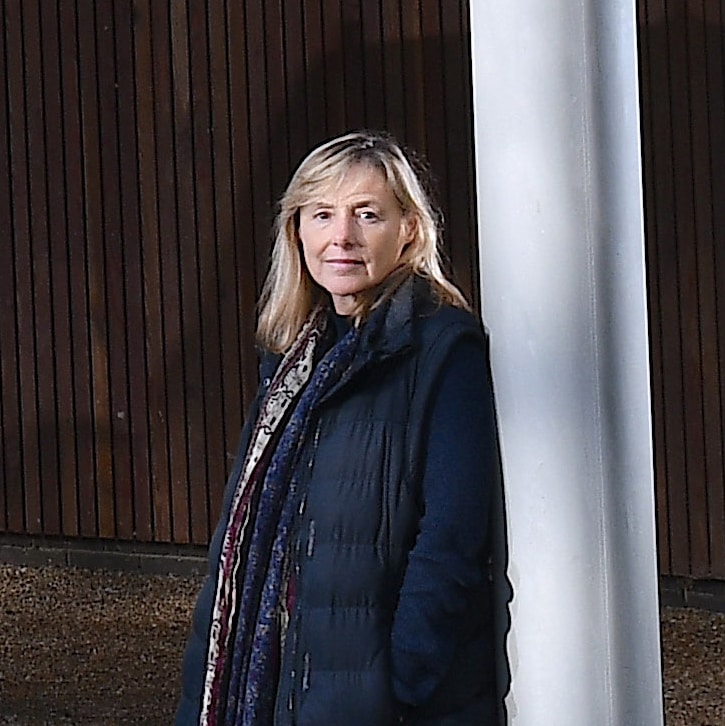
Claire
Two and a half years ago, I started having trouble swallowing bread and chicken; it felt like the food was getting stuck in my food pipe and wouldn...
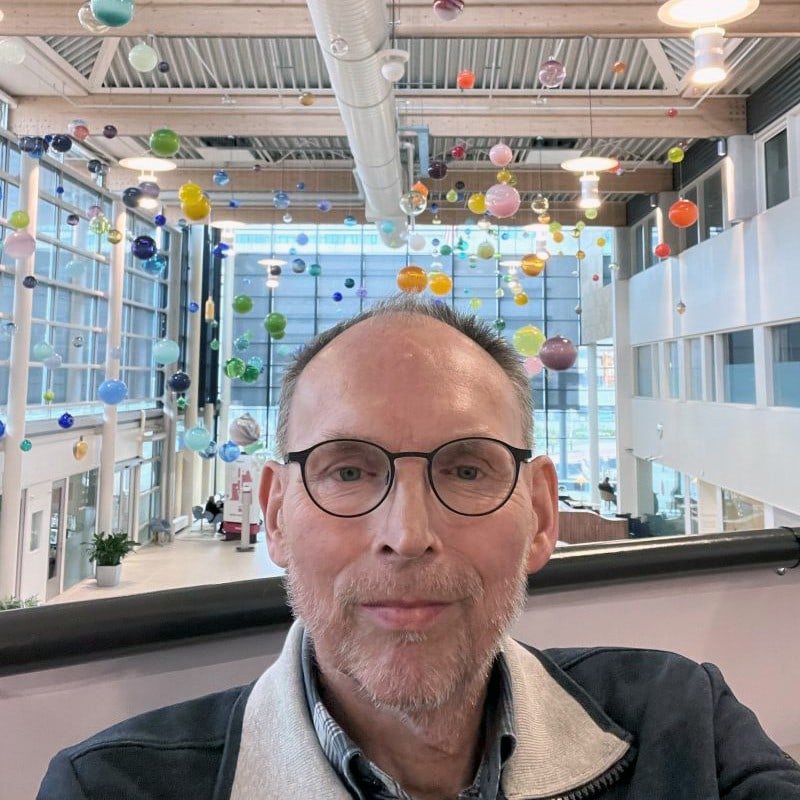
Harry
Update 10 March 2024 A lot has changed since my first diagnosis on 27 May 2021. As mentioned in earlier updates, I was first diagnosed with ‘...
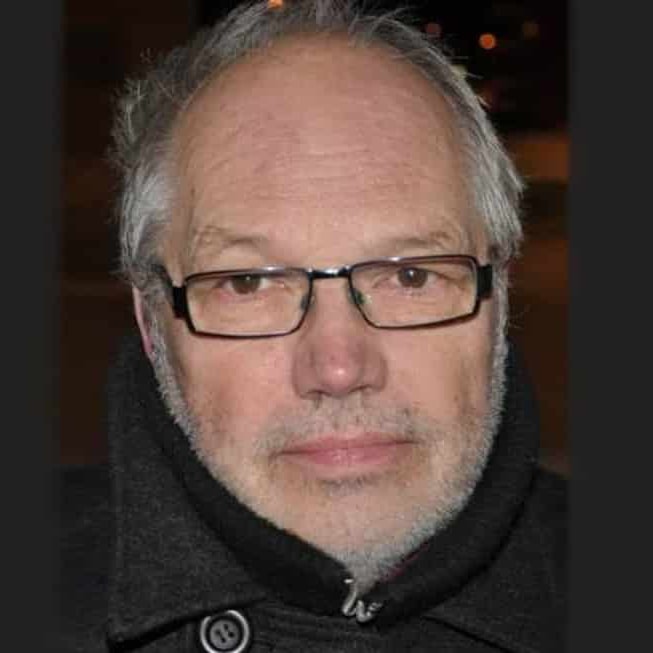
Kjell
Pancreatic Cancer Reflections: Between Hope and Despair Kjell Olof was born in 1942 in Sweden. During the summer of 2021, he began experiencing per...
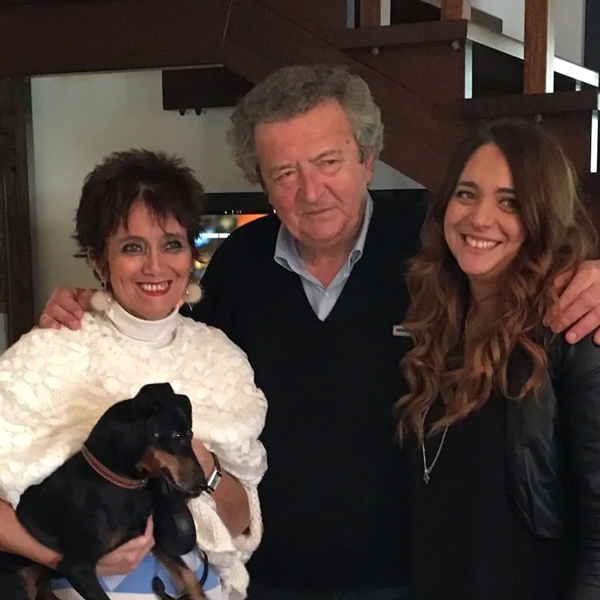
Claudia
My story, like all of ours, is “unique.” I have always been labelled as “health-conscious,” sometimes with gentle irony and...
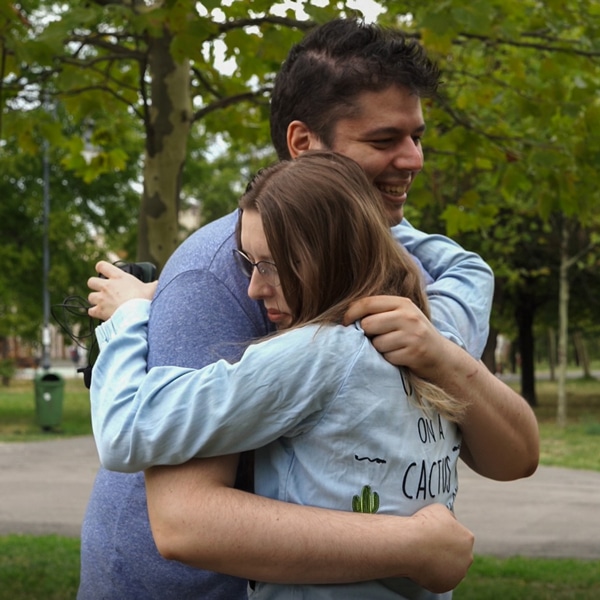
Teodora
I’m Teodora, and I’m from Romania. My story is born from grief and longing for the life I was just beginning to build with someone when...
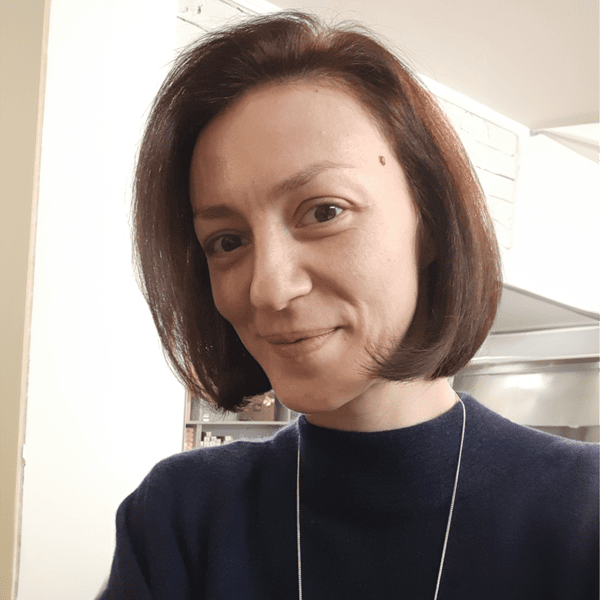
Georgiana
To everyone reading this story, my name is Georgiana. A few months into my 34th year, I was diagnosed with mixed gastric adenocarcinoma, or, more s...
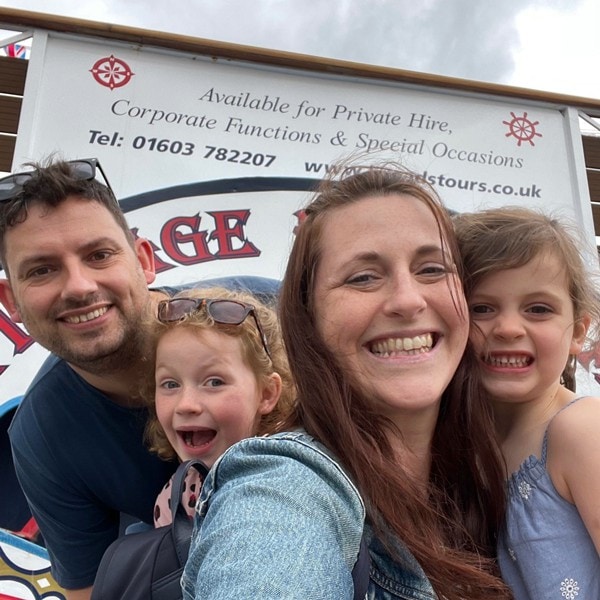
Helen
Hello, I am Helen Canning. I live in Suffolk, England, with my husband Vincent and our two daughters, Erika (6) and Marla (4). I used to have a b...
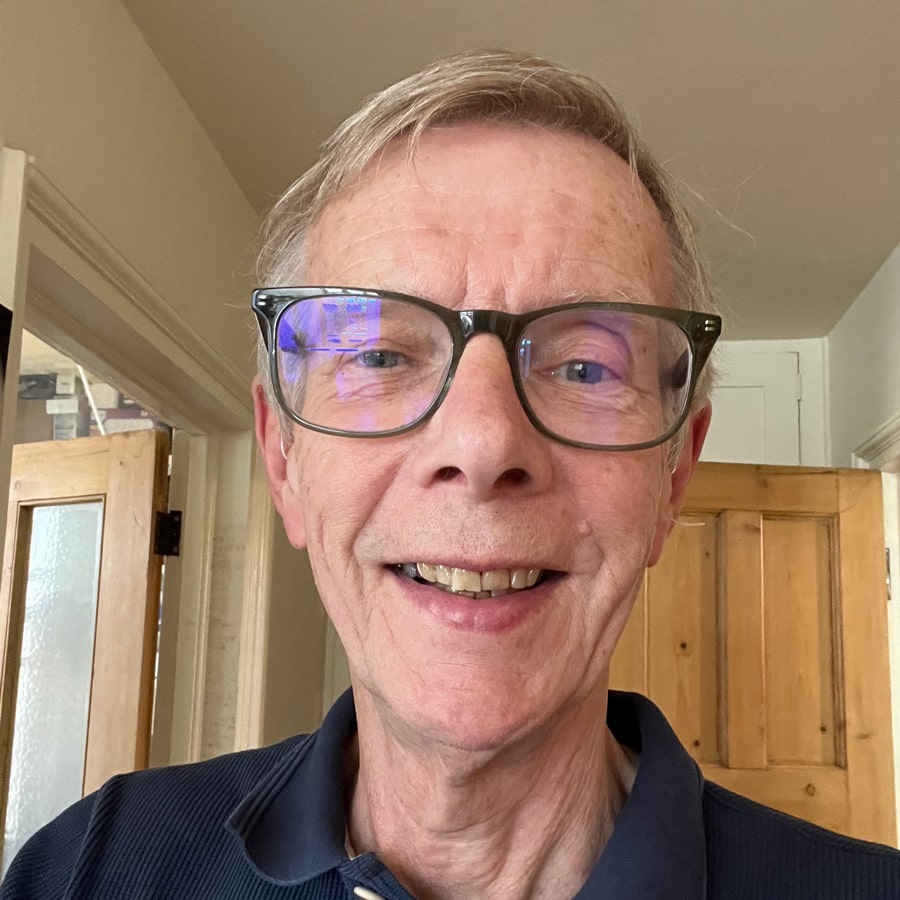
Richard
In the second half of 2016, I started experiencing symptoms such as a feeling of acid reflux and a burning in my oesophagus, some difficulty in swa...
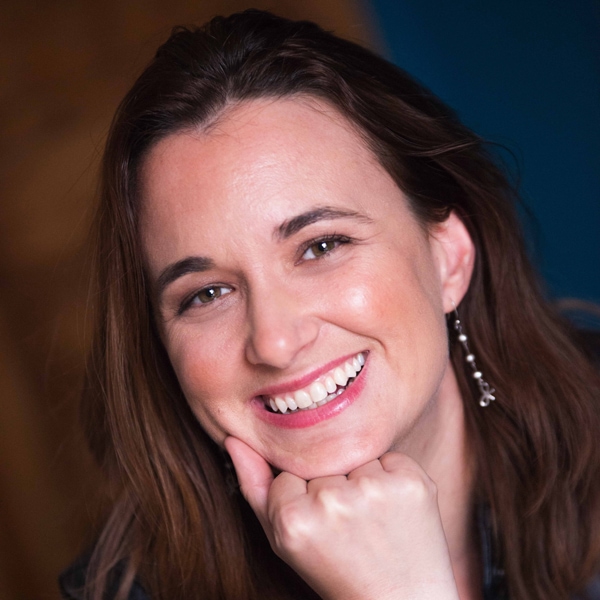
Katell
Katell Maguet is a 43-year-old French woman who lives in The Netherlands. She shared her emotional story with colorectal cancer to give a voice to ...
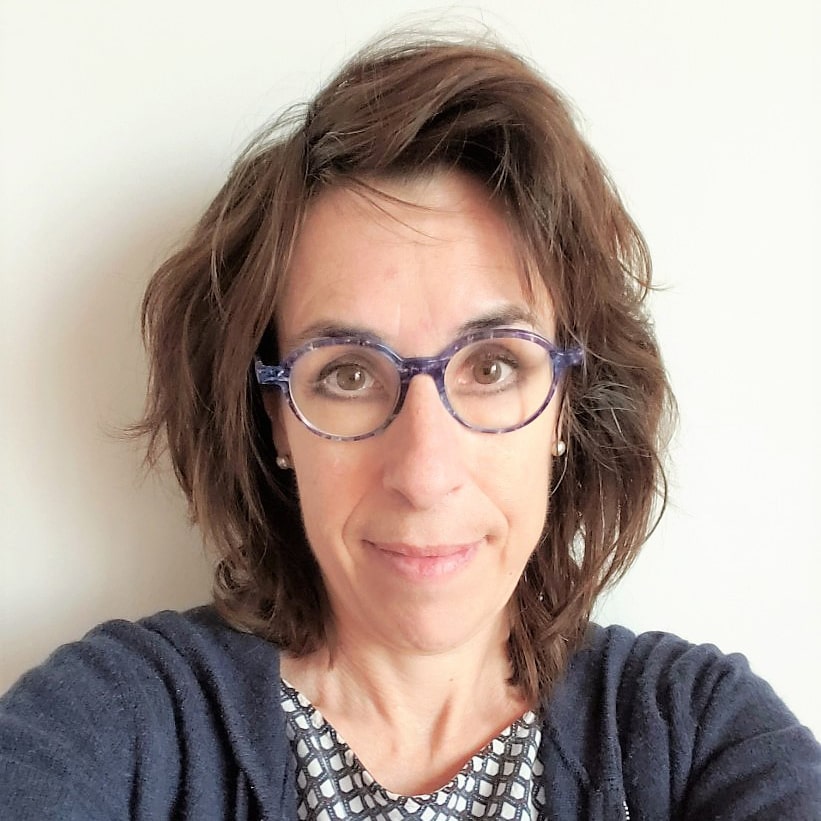
Isabelle
Isabelle Chabrier is 56 years old, and lives in Paris, France. She shares her successful journey with pancreatic cancer. Cancer is a common ...
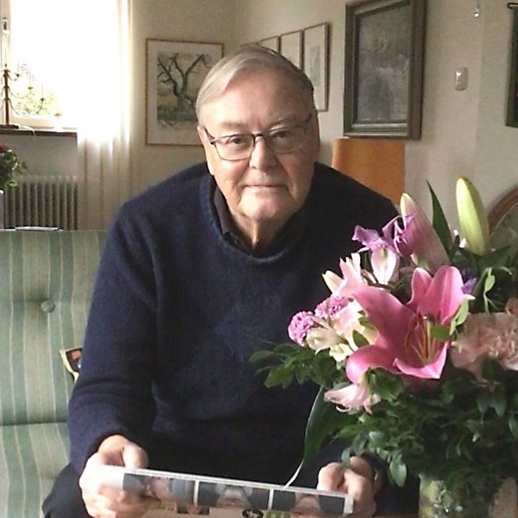
Sven
Sven Tägil is a retired professor of history who will turn 93 this autumn, possibly making him Sweden’s longest pancreatic cancer survivor. ...

Ida
My name is Ida Verbunt, and I am Harry Verbunt’s wife and carer. I am 56 years old, and I’ve known Harry since childhood. We grew up in...
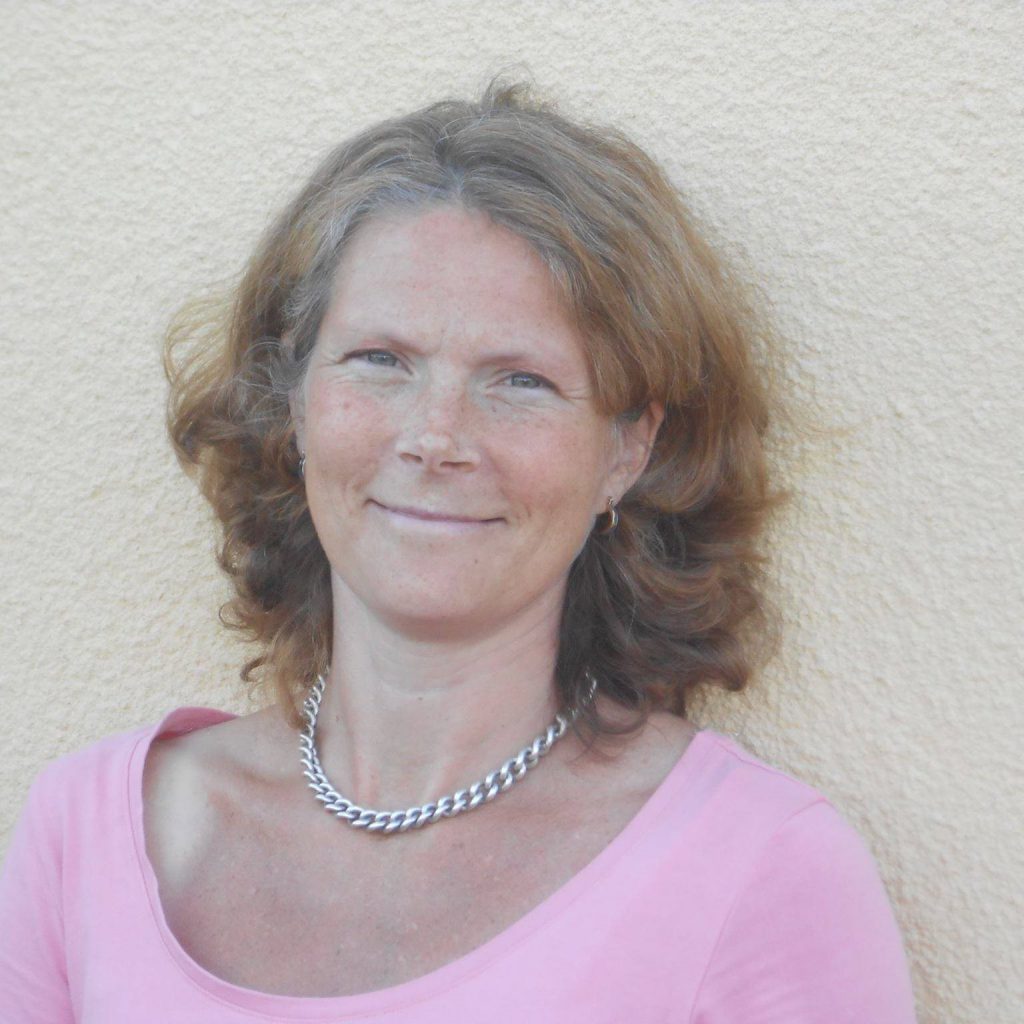
Helena
My name is Helena D’Arcy. I live in Sweden and am a full-time working mother of seven who has always been super-healthy and active. Sh...
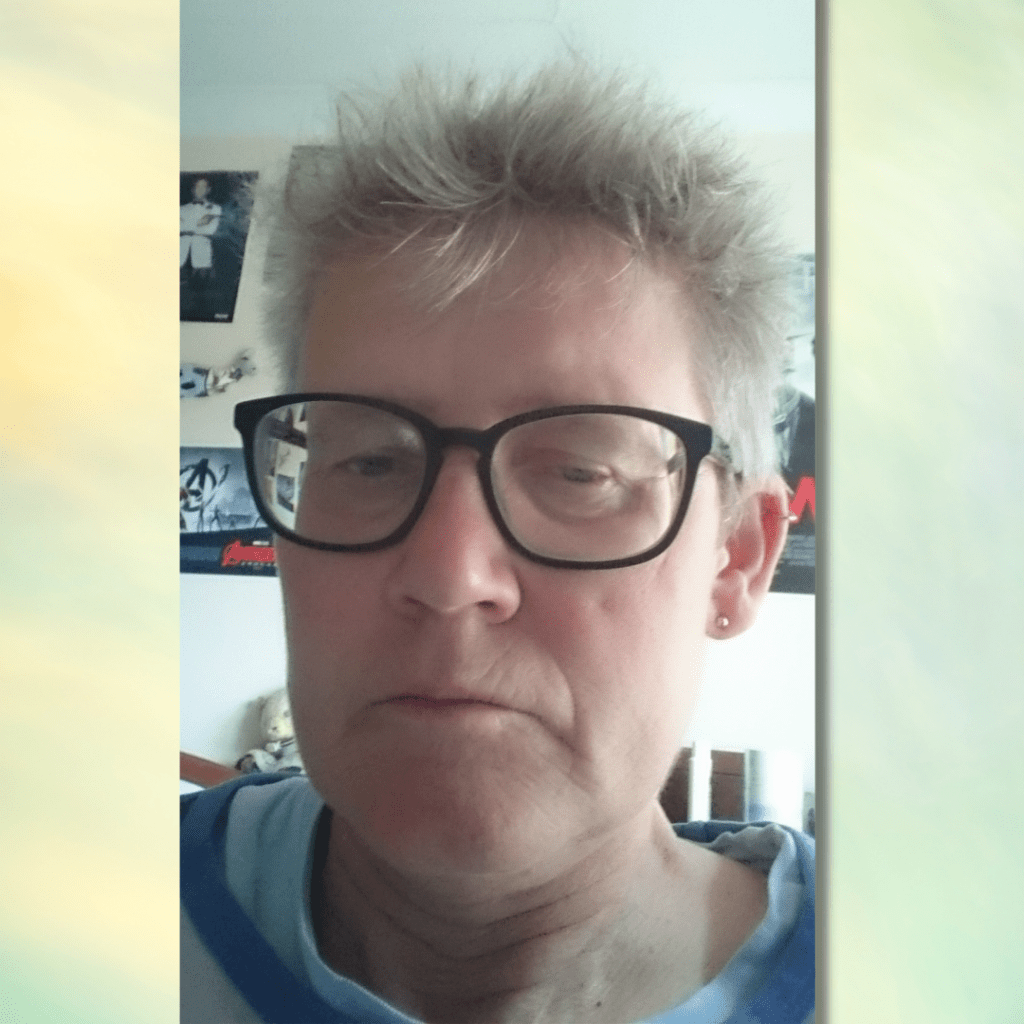
Ceri
Ceri Steele – diagnosed in October 2019 My name is Ceri Steele, I was diagnosed with oesophageal cancer on 17 October 2019, three days before my ...
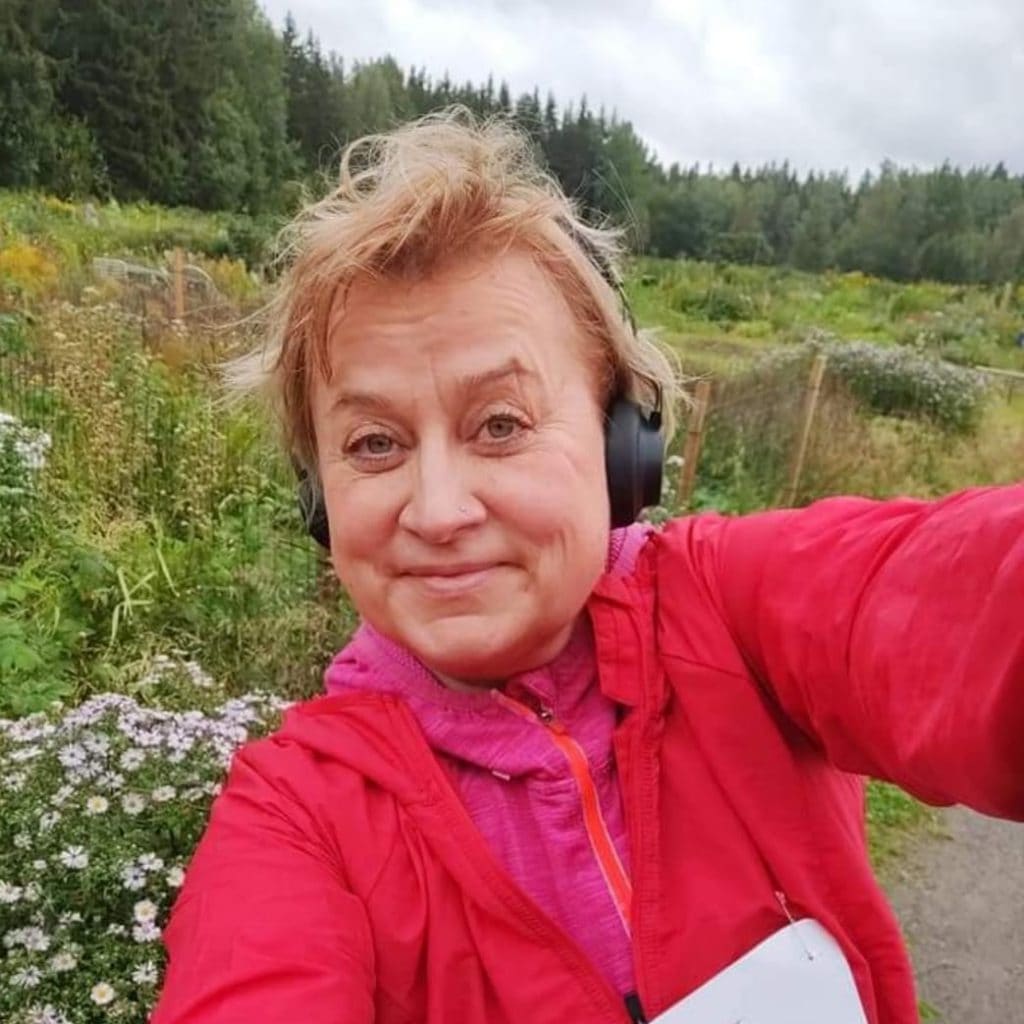
Mia
Hello, my name is Mia, I am 57 years old and live in Finland. I am a mother to two boys and a girl, and twenty years ago, I was diagnosed with Lync...
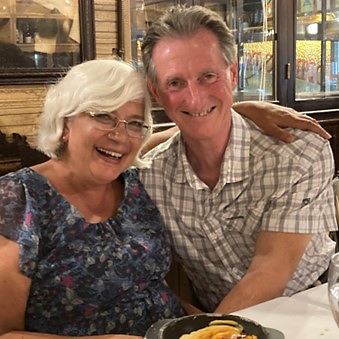
Mark
My wife, Barbara, was diagnosed with stage four colon cancer in November 2006. I became a carer very suddenly! Maybe I shouldn’t have been so...
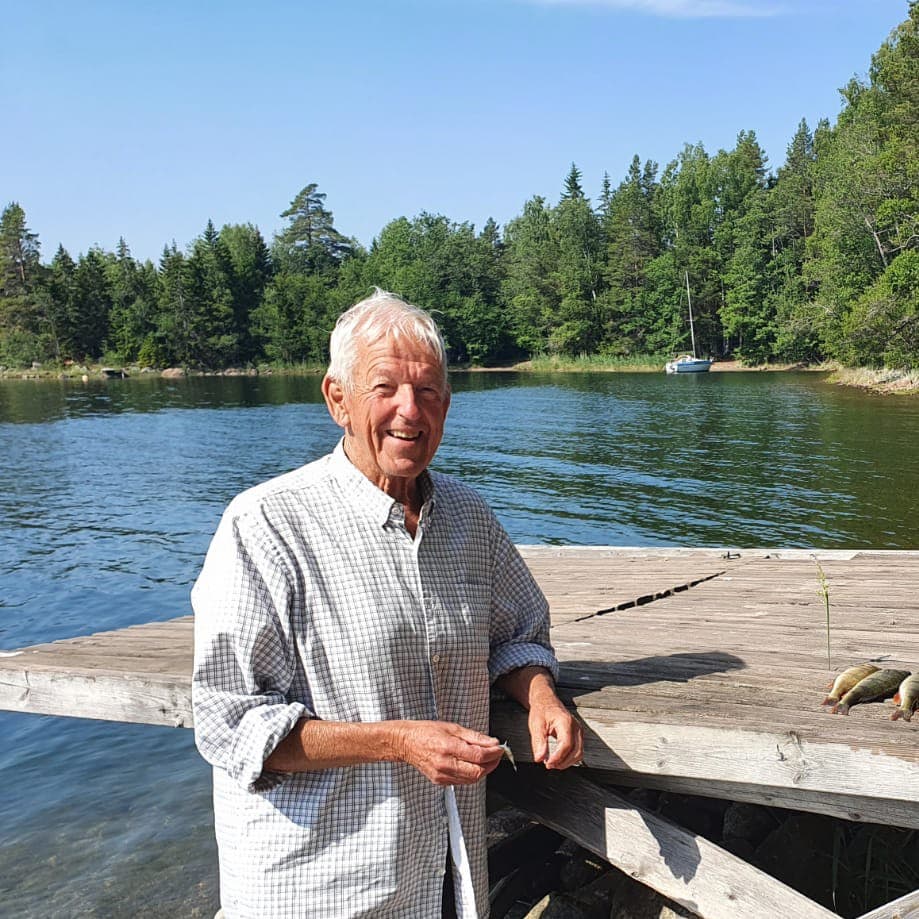
Anders
My Journey with Pancreatic Cancer, five years later… Hello, my name is Anders Bovin, I am 80 years old, and these days I spend my time between Sw...
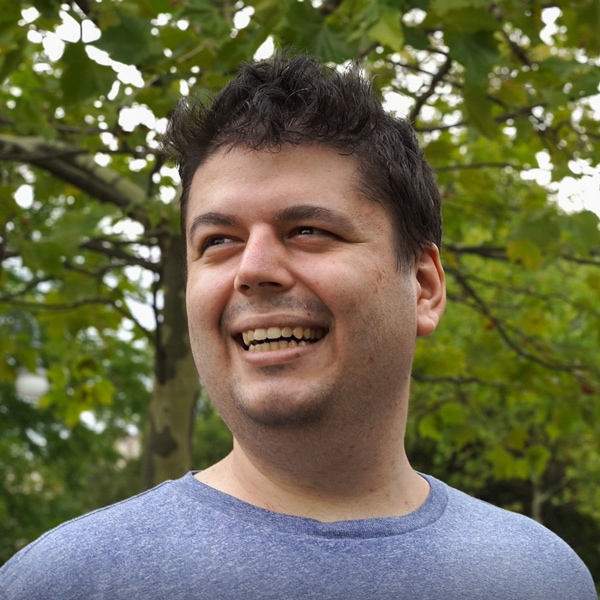
George
It is with great sadness that we recognize the passing of George in January 2023. George was a remarkable young man whose strength and kindness rad...
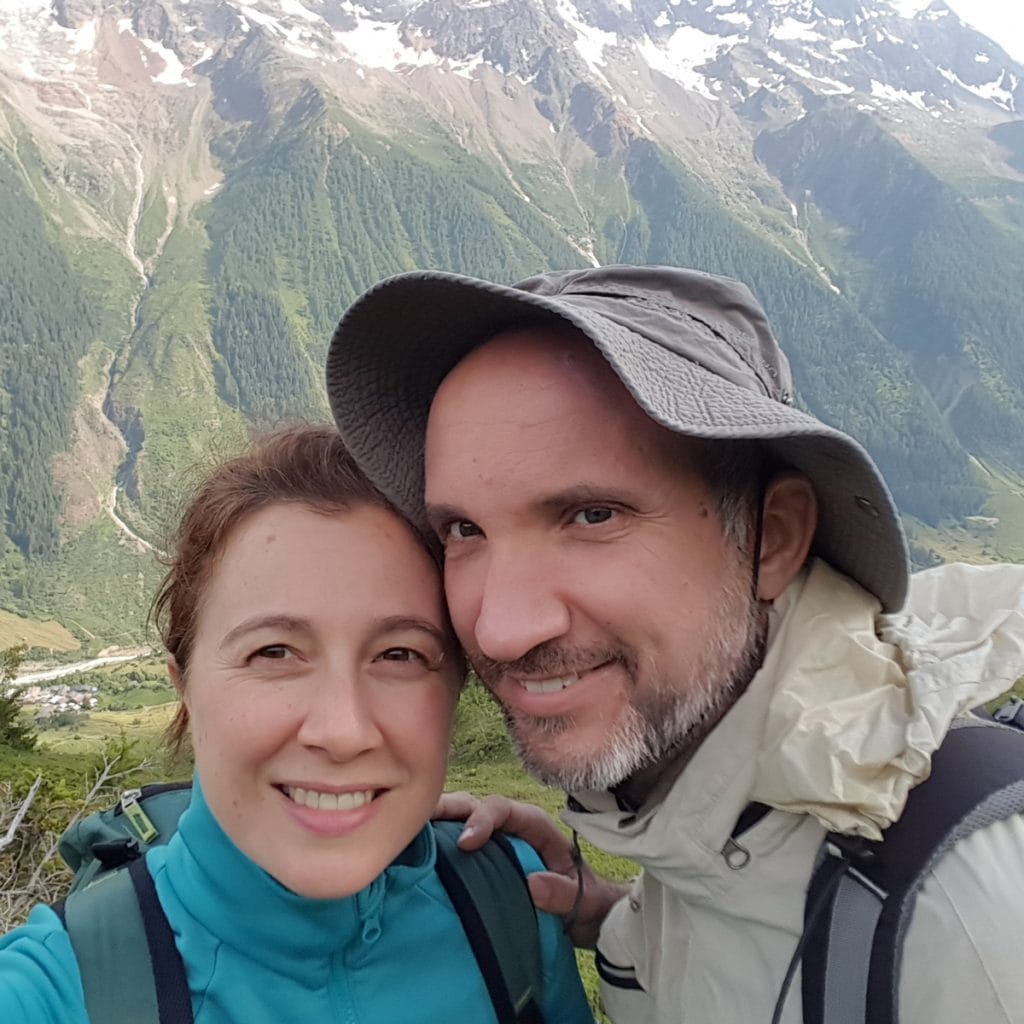
Laure
I am the caregiver of my husband, Guillaume, who was diagnosed with metastatic colon cancer in January 2021 at 43. We have two children who are now...
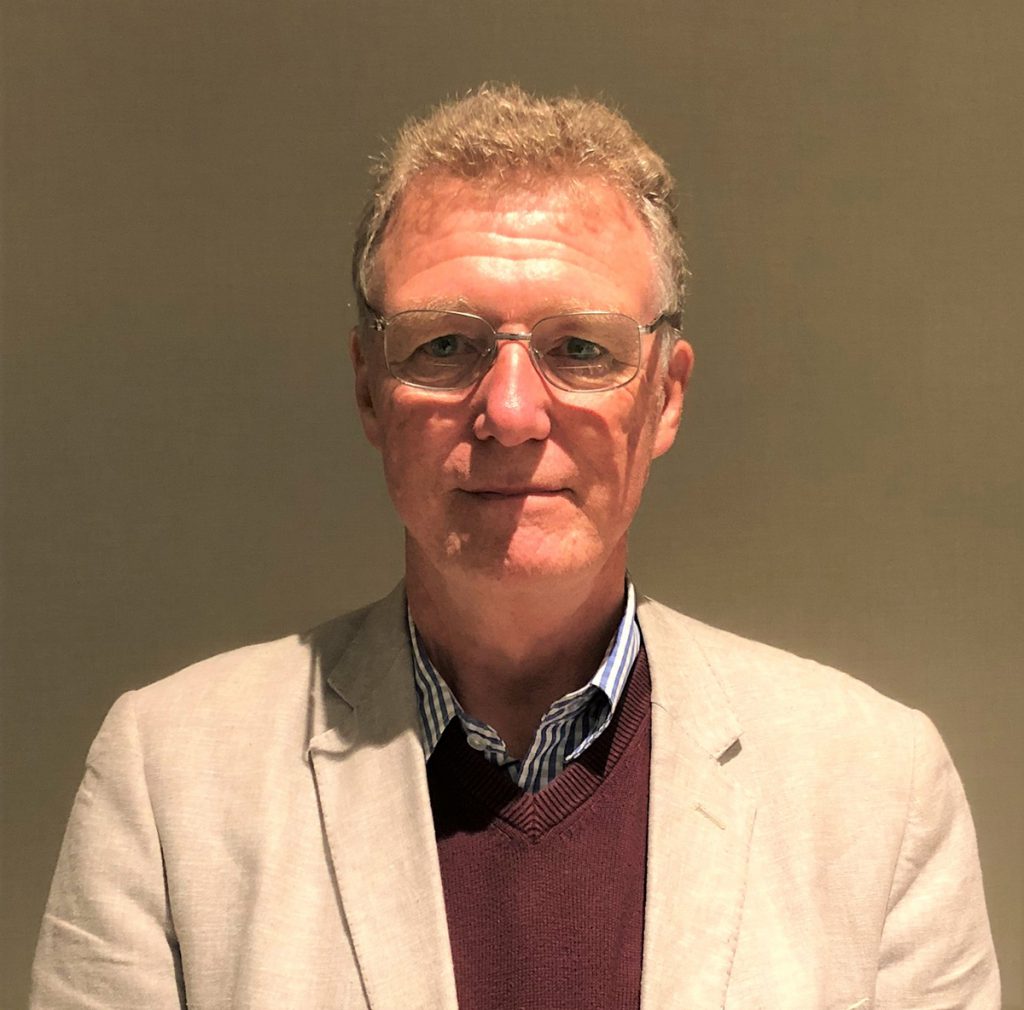
Stephen
I am a colorectal cancer survivor. My local hospital asked me to set up a peer support group. We planned a launch in spring 2020, but so did COVI...
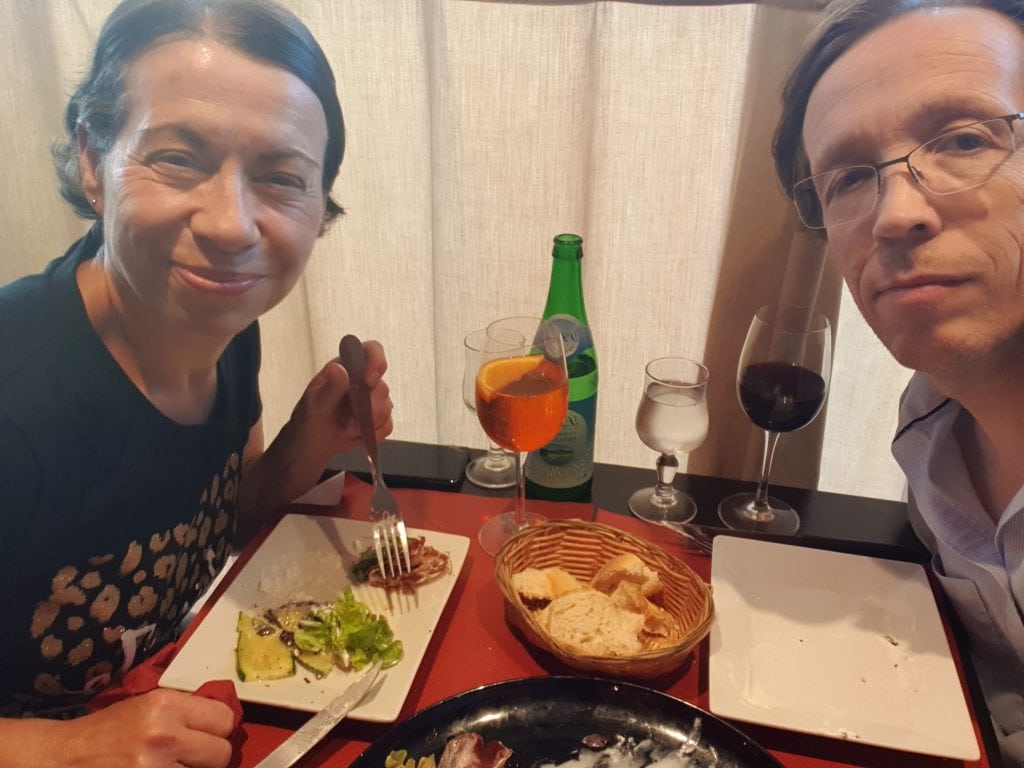
Mike
Hi, my name’s Mike and I live outside of Paris, France. I’m originally from the UK but have lived in and around Paris for the last 25 years. I ...
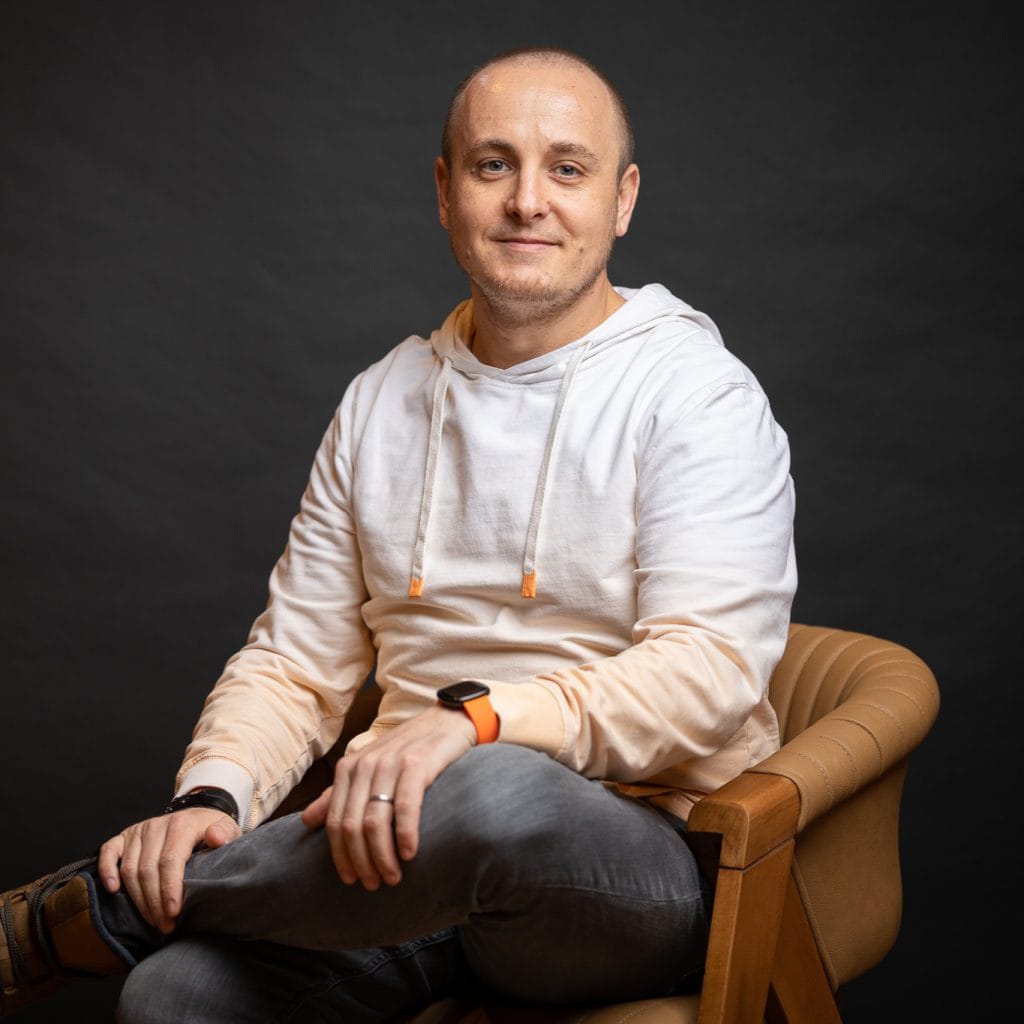
Andi
My name is Andi and I’m a 39 years old Romanian, husband and father of two wonderful daughters. I’ve been working in the Pensions &...
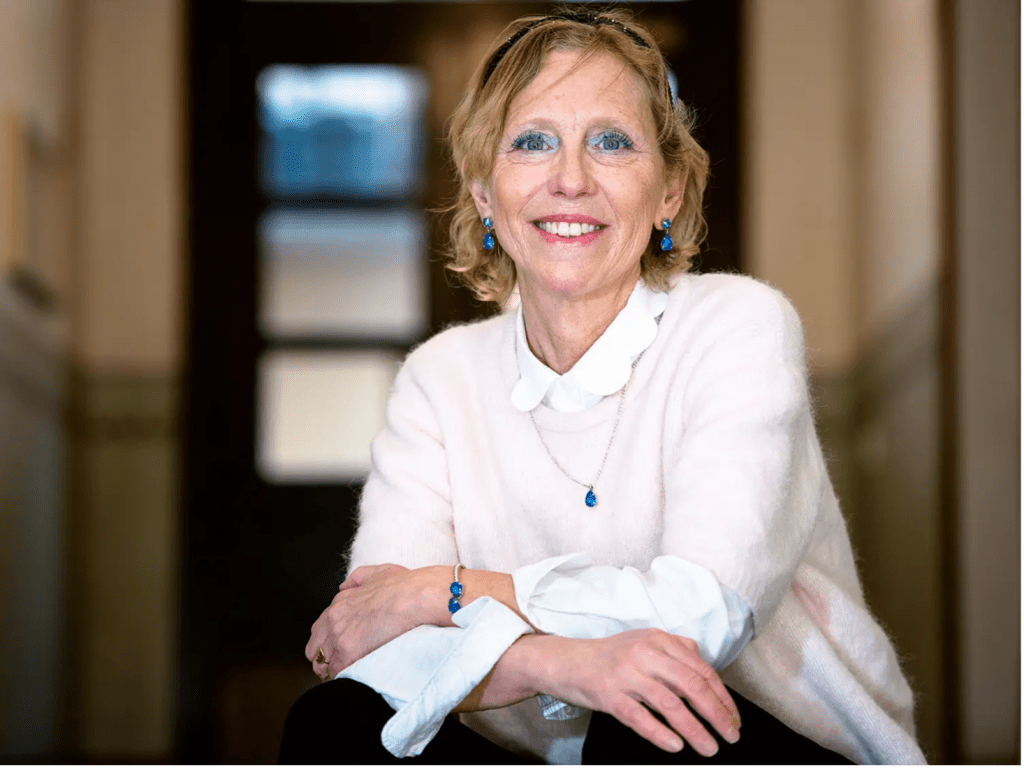
Angelica
Angelica is a survivor and patient advocate who does not take no for an answer! She lives in Sweden and volunteers closely and personally with canc...
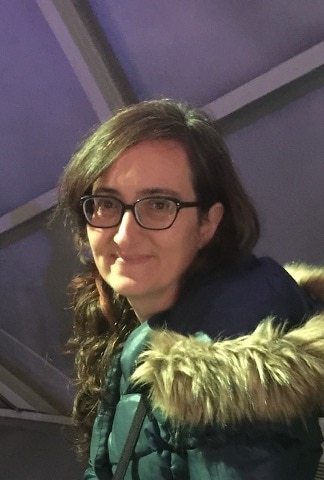
Hilde
I am Hilde, a mother of two, partner, medical doctor, and a Lynch patient. I am the first in my family with this diagnosis. When I was diagnosed wi...

Leon
Hello, my name is Leon. I’m 45 and I live in Tilburg in the Netherlands close to the Belgian border. I work for Stichting Darmkanker (Colon Cance...
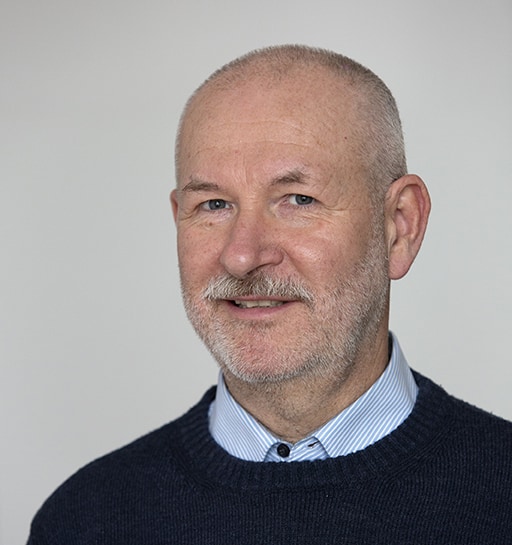
Samo
Hello I’m Samo. I’m pleased to be able to share my story with you as I want it to be an inspiration for everybody who turns 50 and consequently...
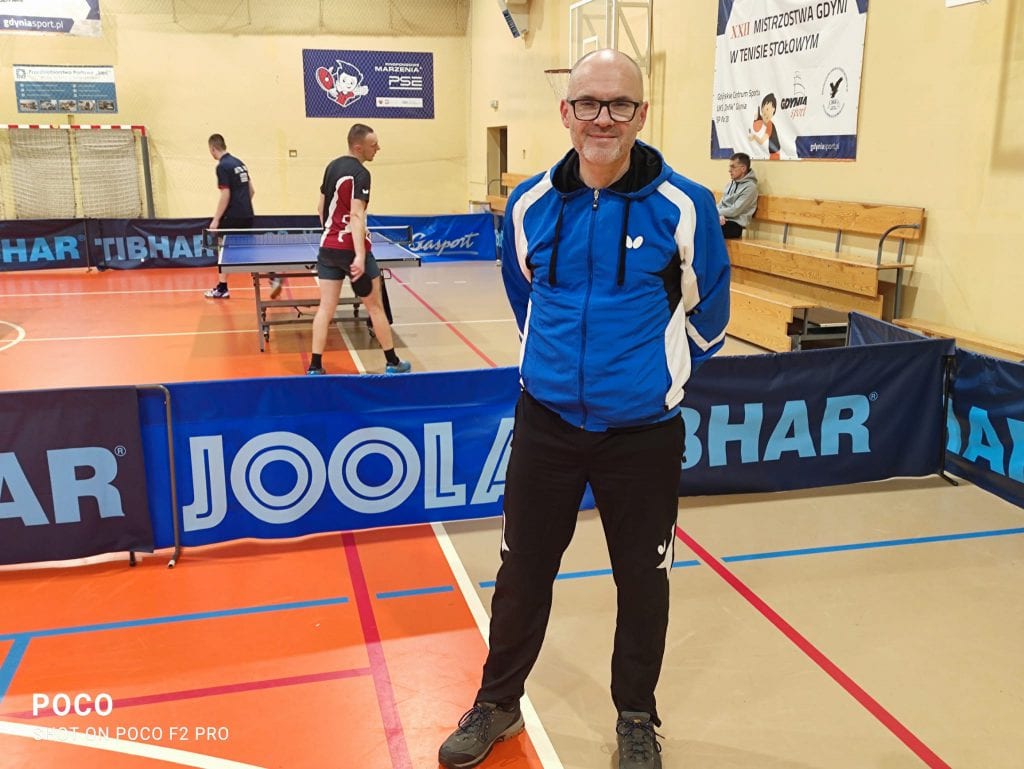
Radek
Hello, my name is Radek. I would like to share my story with you about living with pancreatic cancer. It began with the onset of jaundice that made...
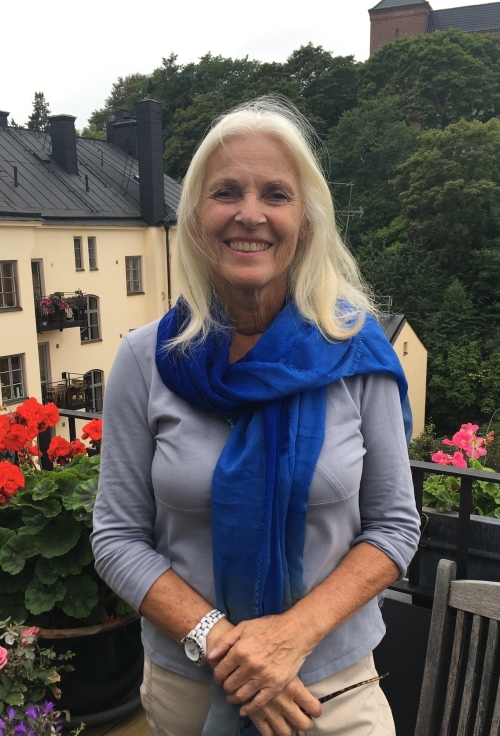
Eva
Eva shares her experiences with pancreatic cancer and the importance of staying physically fit throughout the process – from diagnosis throug...
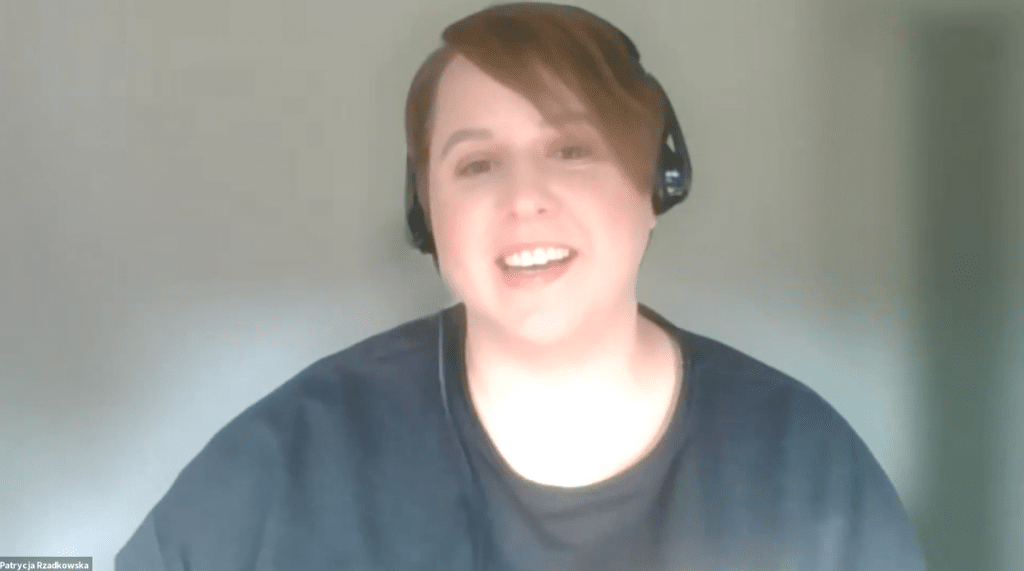
Patrycja
Patrysza spoke about her journey with pancreatic cancer at our Masterclass 2021 – she shared the importance of mental health for her life with th...
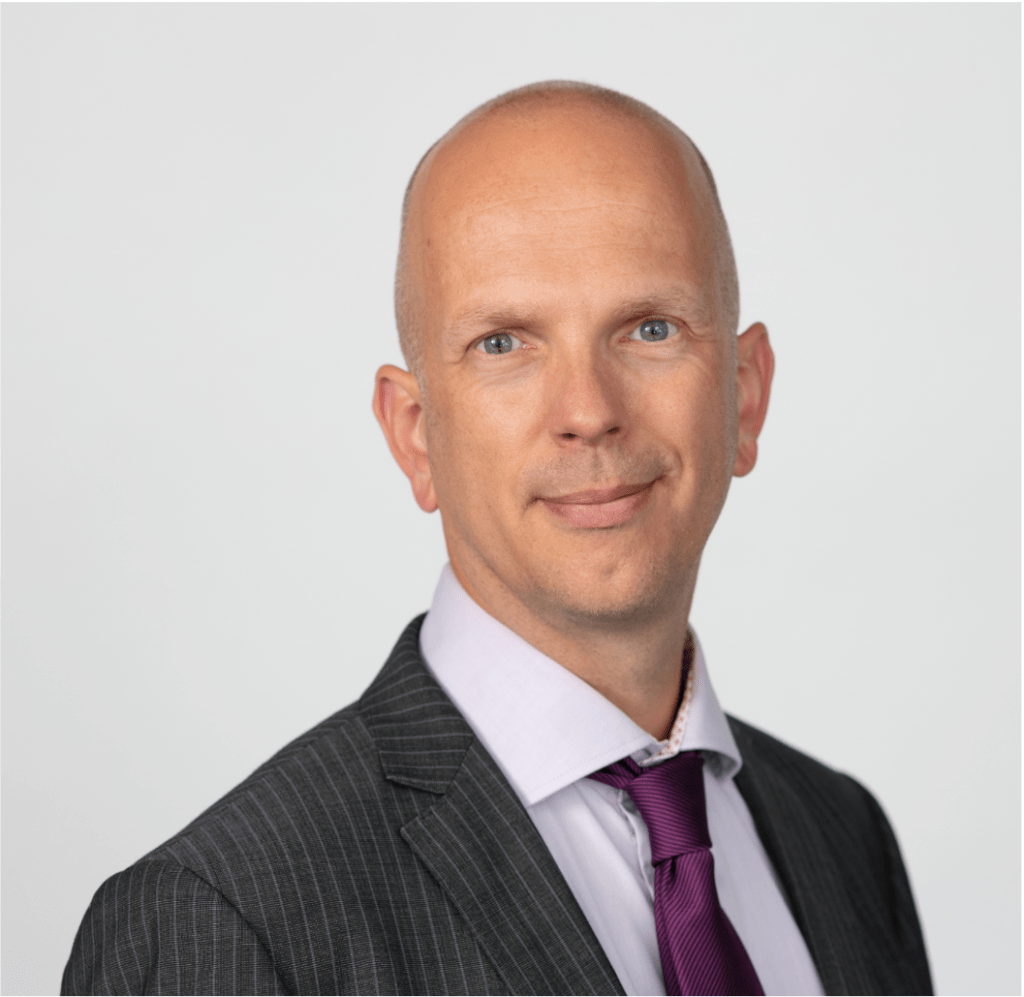
Vincent
Hi, I’m Vincent, I’m from Gouda in the Netherlands and I was diagnosed in 2015 at 42 years old with stage IV colorectal cancer and a low-grade ...
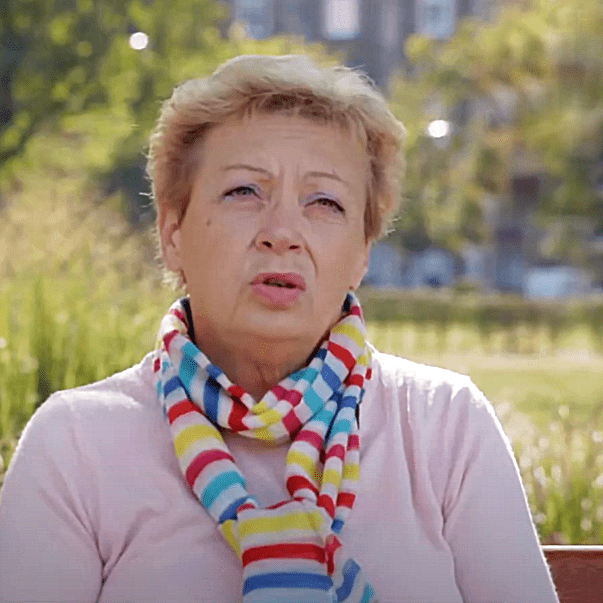
Anikó
Anikó from Hungary was diagnosed with hepatocellular carcinoma (HCC) in 2015. HCC is the most common type of liver cancer accounting for approxima...
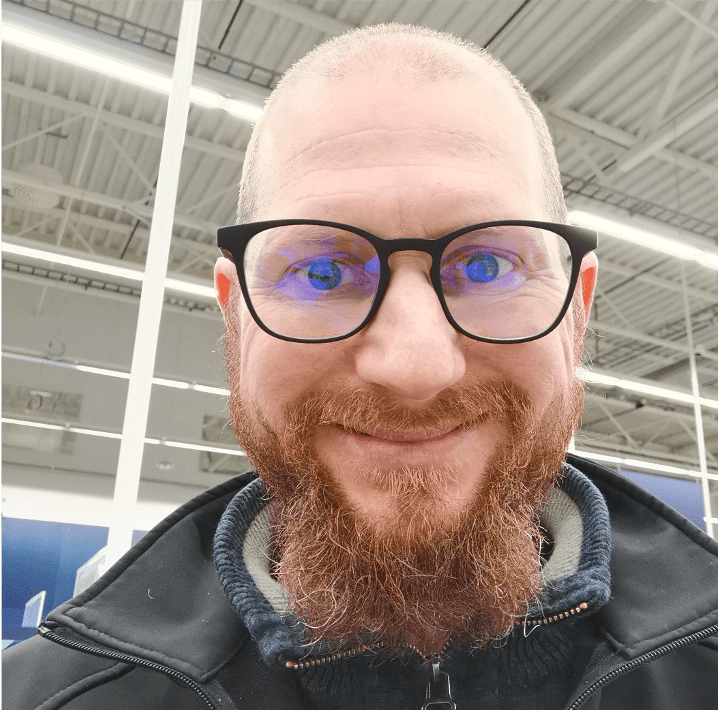
Ireneusz
It is with great sadness that we recognize the passing of Ireneusz in December 2021. He leaves behind his wife Beata. Ireneusz was very active and ...
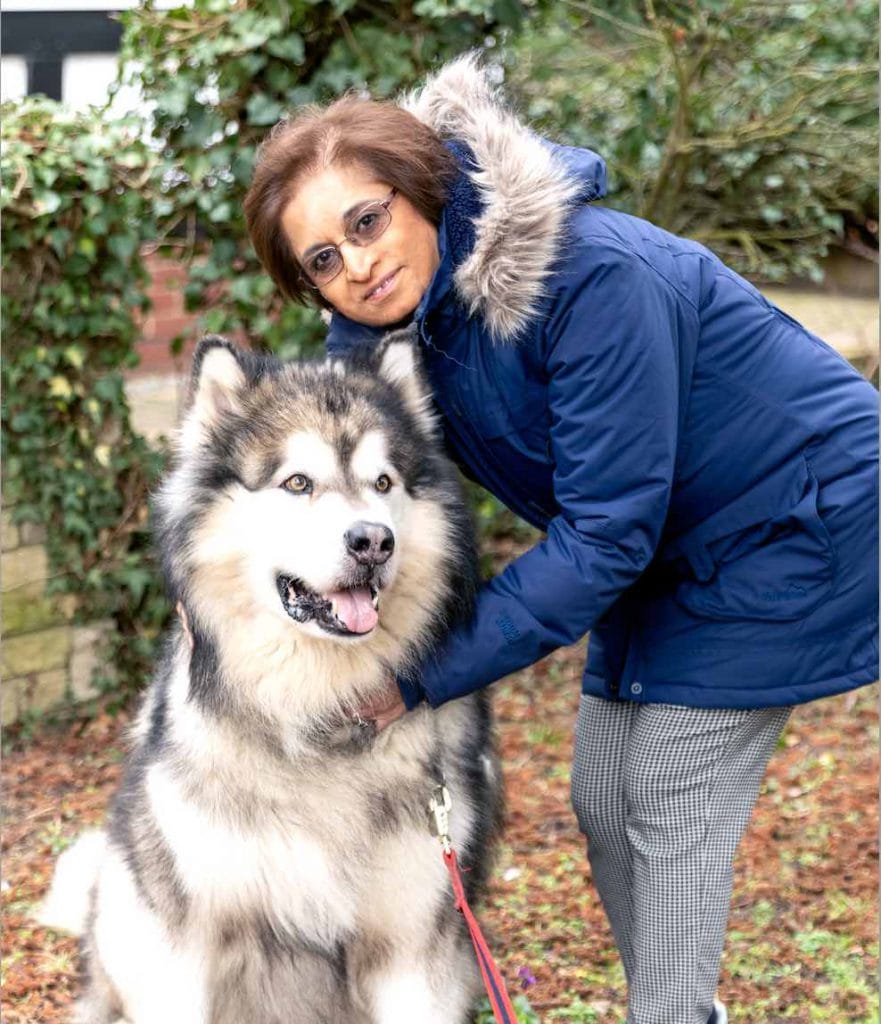
Daksha
Dr Daksha Trivedi is a Senior Researcher in Public Health at the University of Hertfordshire in England. Daksha was diagnosed with oesophageal canc...
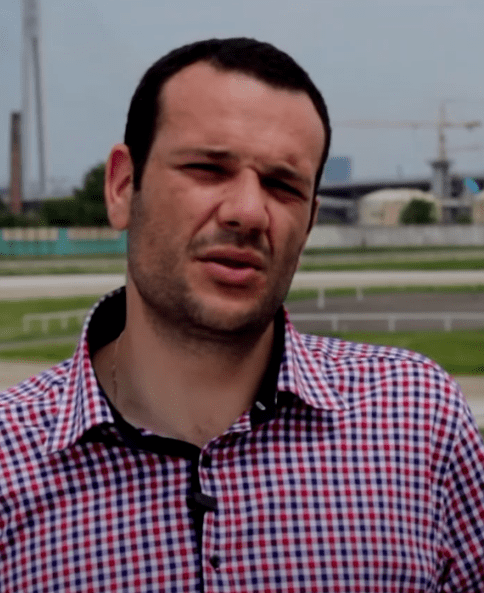
Milan
By the end of 2000 I felt very tired. Urges of going to the bathroom were sudden and harder to control. I also often felt very sleepy during the da...
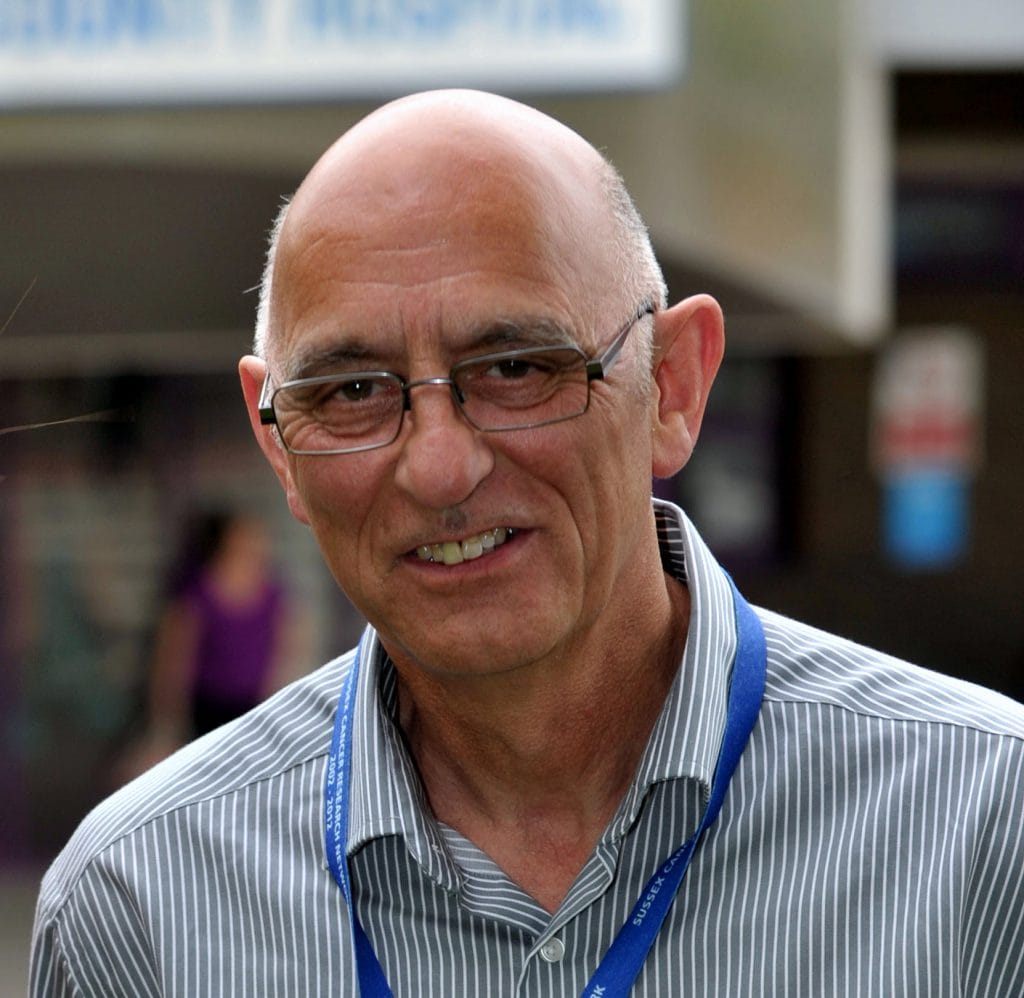
Dave
Dave Chuter, active patient advocate was diagnosed with oesophageal cancer in 2006. Following successful treatment, he returned to work and alongsi...
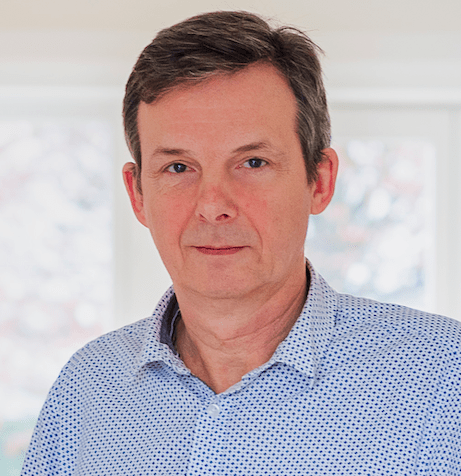
Stefan
I’m Stefan. I’m a co-founder of Digestive Cancers Europe and was the organisation’s CEO from 2019 to the beginning of 2021. I would like ...
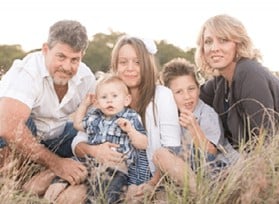
Robyn
I first realised something was wrong when – at 28 years old – I collapsed. It was 2005, and I was taken to hospital for several tests after it ...
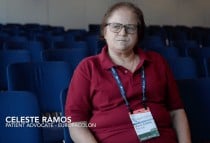
Celeste
“When I was first diagnosed with colon cancer it was quite complicated because I did not know what I had…” Listen to Celeste̵...
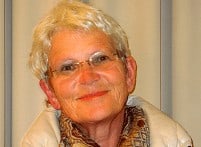
Marta
“Have you had a colonoscopy?” I was asked this question by my new doctor the first time that I saw him after I retired. I had been a he...

Barbara
No-one expects to get cancer. No matter what the statistics show, very few people relate the figures to themselves and, I must admit, it was the sa...
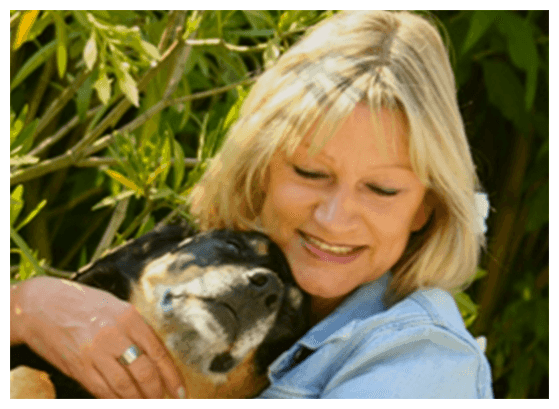
Heidi
Until April 29th, 1999, when I was 45, I was absolutely convinced I had the lease of eternal life. I had a sweet daughter , a careful husband and a...

